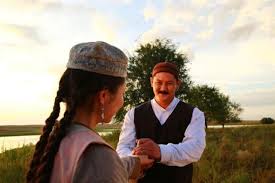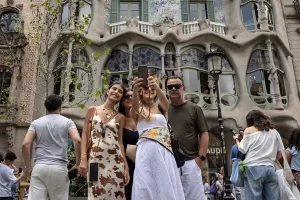UK mathematicians claim a guaranteed lottery win using just 27 purchased tickets

London: Dr David Stewart and Dr David Cushing examined the UK National Lottery to determine the minimum number of tickets for a favorable outcome.
The doctors researched the primary game of the UK National Lottery. Last July, two British mathematicians found a way to win the UK national lottery by buying just 27 tickets out of over 45 million possibilities. They were surprised to see their discovery become famous worldwide, and many people tried playing with the suggested 27 tickets, getting different results.
The reality is that the two mathematicians, David Stewart and David Cushing from the University of Manchester, cannot guarantee you a jackpot win. However, in their paper from July, they claimed to have determined the minimum number of tickets required to guarantee some kind of win, even if it’s just a free play.
“In the UK National Lottery, players purchase tickets comprising their choices of six different numbers between 1 and 59. During the draw, six balls are randomly selected without replacement from a set numbered from 1 to 59,” the author of the research said.
“A prize is awarded to any player who matches at least two of the six drawn numbers. We identify 27 tickets that guarantee a prize, regardless of which of the 45,057,474 possible draws occurs. Moreover, we determine that 27 is the optimal number of tickets required, as achieving the same guarantee with 26 tickets is not possible,” said the mathematicians.
To identify the combinations, the researchers employed a mathematical approach known as finite geometry. This method entails arranging the numbers one to 59 in pairs or triplets on various geometric shapes.
Subsequently, each set of numbers is linked with lines, creating a sequence of six numbers, which corresponds to one lottery ticket. According to their findings, it requires 27 of these tickets to encompass all 59 numbers and ensure that at least one pair will match.





